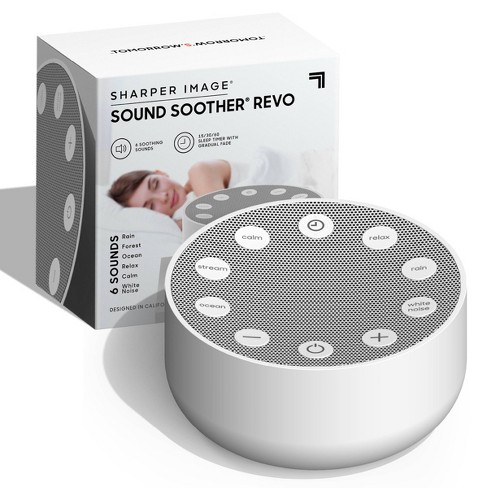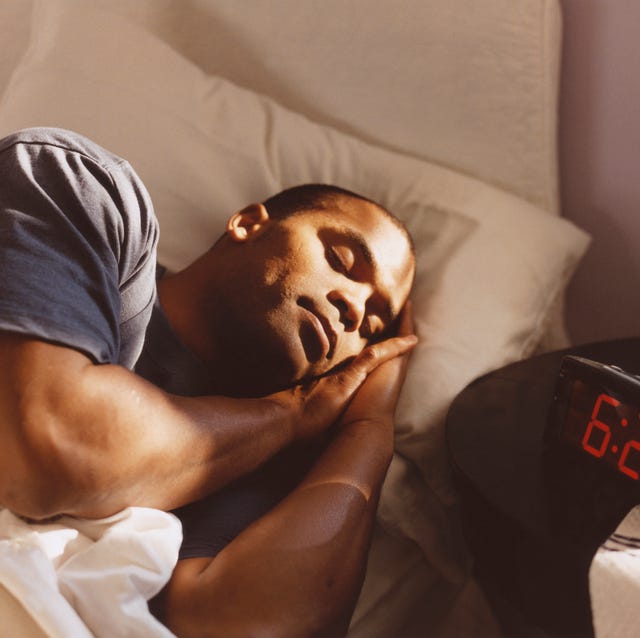Efficient Insomnia Therapy - Reclaim Your Restful Nights
Efficient Insomnia Therapy - Reclaim Your Restful Nights
Blog Article
Efficient Therapy Solutions for Managing Rest Disorders and Enhancing Relaxed Sleep
In the realm of medical care, the administration of rest problems and the mission for relaxing sleep are pivotal elements of overall health. Efficient treatment options offer a complex technique to tackle these obstacles, varying from cognitive behavioral treatments to holistic techniques that promote leisure and mindfulness. The exploration of numerous approaches, including the combination of medication and light therapy, opens a world of possibilities in the search of much better rest quality. As we browse the complex landscape of sleep conditions and seek to boost our sleep experience, a much deeper understanding of these therapy options may hold the trick to unlocking a more refreshing and fulfilling corrective journey.
Cognitive Behavior Treatment for Sleeping Disorders (CBT-I)
Cognitive Behavior Modification for Insomnia (CBT-I) is a structured, evidence-based treatment technique that concentrates on addressing the underlying elements adding to rest disruptions. This kind of treatment intends to modify behaviors and thoughts that intensify sleep problems, inevitably promoting healthy sleep patterns. CBT-I usually entails several crucial elements, consisting of cognitive treatment, rest constraint, stimulation control, and rest health education and learning.
Cognitive therapy helps individuals identify and change negative thought patterns and ideas regarding sleep that may be preventing their capability to fall or stay asleep. Rest constraint entails restricting the quantity of time spent in bed to match the individual's real rest period, consequently raising rest effectiveness (insomnia solutions). Stimulation control strategies assist develop a strong association in between the bed and rest by motivating people to head to bed only when sleepy and to stay clear of taking part in promoting activities in bed
Additionally, sleep hygiene education concentrates on developing healthy rest behaviors, such as preserving a regular sleep timetable, developing a relaxing bedtime regimen, and enhancing the sleep atmosphere. By attending to these factors thoroughly, CBT-I provides a reliable non-pharmacological intervention for taking care of insomnia and boosting overall rest quality.
Sleep Hygiene Practices
Having actually developed the foundation of cognitive restructuring and behavior modifications in resolving sleeplessness through Cognitive Behavioral Treatment for Sleeping Disorders (CBT-I), the emphasis currently shifts in the direction of exploring necessary Sleep Hygiene Practices for keeping optimal sleep top quality and overall wellness.
Sleep hygiene methods incorporate a variety of behaviors and environmental aspects that can considerably influence one's ability to sleep and stay asleep throughout the evening. Constant rest and wake times, creating a relaxing going to bed routine, and enhancing the rest environment by keeping it dark, peaceful, and cool are crucial elements of excellent sleep hygiene. Restricting direct exposure to screens prior to going to bed, avoiding stimulants like high levels of caffeine near bedtime, and taking part in routine exercise throughout the day can additionally promote better rest quality.
In addition, exercising relaxation techniques such as deep breathing exercises or reflection prior to bed can help calm the mind and prepare the body for rest. By including these click for more sleep hygiene practices into one's day-to-day regimen, individuals can develop a healthy and balanced sleep pattern that supports restful rest and general well-being.
Leisure Methods and Mindfulness
Carrying out relaxation methods and mindfulness techniques can play a pivotal function in cultivating a sense of tranquility and promoting top quality rest. Furthermore, guided images can assist move individuals to a peaceful location in their minds, aiding in stress reduction and boosting sleep top quality.
By incorporating these practices into a going to bed regimen, people can indicate to their bodies that it is time to more sleep disease loosen up and prepare for sleep. In general, integrating relaxation strategies and mindfulness techniques can dramatically add to handling sleep problems and boosting general sleep high quality.

Medicine Options for Sleep Disorders
After checking out relaxation methods and mindfulness practices as non-pharmacological treatments for improving sleep top quality, it is important to consider medicine options for people with sleep conditions. In cases where way of life changes and treatment do not provide adequate alleviation, medicine can be a valuable tool in managing sleep disturbances.
Typically prescribed medicines for sleep conditions include benzodiazepines, non-benzodiazepine hypnotics, antidepressants, and melatonin receptor agonists. Benzodiazepines, such as diazepam, are sedatives that can help induce rest, yet they are usually suggested for temporary use due to the risk of dependence. Non-benzodiazepine hypnotics like zolpidem are also made use of to deal with insomnia and have a reduced threat of dependancy contrasted to benzodiazepines. Antidepressants, such as trazodone, can be valuable for people with co-occurring clinical depression and rest disturbances. Melatonin receptor agonists, like ramelteon, target the body's natural sleep-wake cycle and can be practical for managing rest patterns.
It is crucial for people to talk to a health care copyright to figure out the most appropriate drug choice based upon their certain rest condition and case history.
Light Therapy for Circadian Rhythm Policy
Light treatment, additionally referred to as phototherapy, is a non-invasive treatment method used to regulate body clocks and boost sleep-wake cycles. This therapy includes exposure to bright light that resembles natural sunlight, which assists to reset the body's internal clock. By subjecting individuals to certain wavelengths of light, normally in the morning or night depending find here on the preferred result, light therapy can successfully adjust the circadian rhythm to advertise wakefulness throughout the day and enhance peaceful rest in the evening.
Study has revealed that light treatment can be particularly valuable for individuals with body clock disorders, such as delayed rest stage syndrome or jet lag. It can additionally be useful for those experiencing seasonal depression (SAD), a kind of clinical depression that normally happens during the cold weather when all-natural light exposure is lowered. Light therapy is generally well-tolerated and can be made use of together with other therapy methods for sleep conditions to maximize outcomes and enhance total sleep high quality.
Conclusion
In final thought, reliable treatment solutions for handling rest problems and enhancing relaxing rest include Cognitive Behavioral Therapy for Sleeplessness (CBT-I), rest health practices, leisure methods and mindfulness, medicine alternatives, and light therapy for body clock regulation. These methods can assist people boost their sleep quality and total health. It is very important to consult with a doctor to figure out one of the most suitable technique for attending to sleep issues.
As we browse the detailed landscape of rest problems and look for to enhance our rest experience, a deeper understanding of these treatment remedies may hold the trick to opening an extra refreshing and fulfilling corrective trip.
Sleep limitation includes restricting the amount of time spent in bed to match the individual's actual rest duration, thus increasing rest efficiency. Regular sleep and wake times, developing a relaxing bedtime regimen, and maximizing the sleep environment by maintaining it dark, peaceful, and cool are essential elements of good rest hygiene. Light therapy is usually well-tolerated and can be made use of in conjunction with other therapy approaches for rest problems to optimize end results and improve overall rest top quality.

Report this page